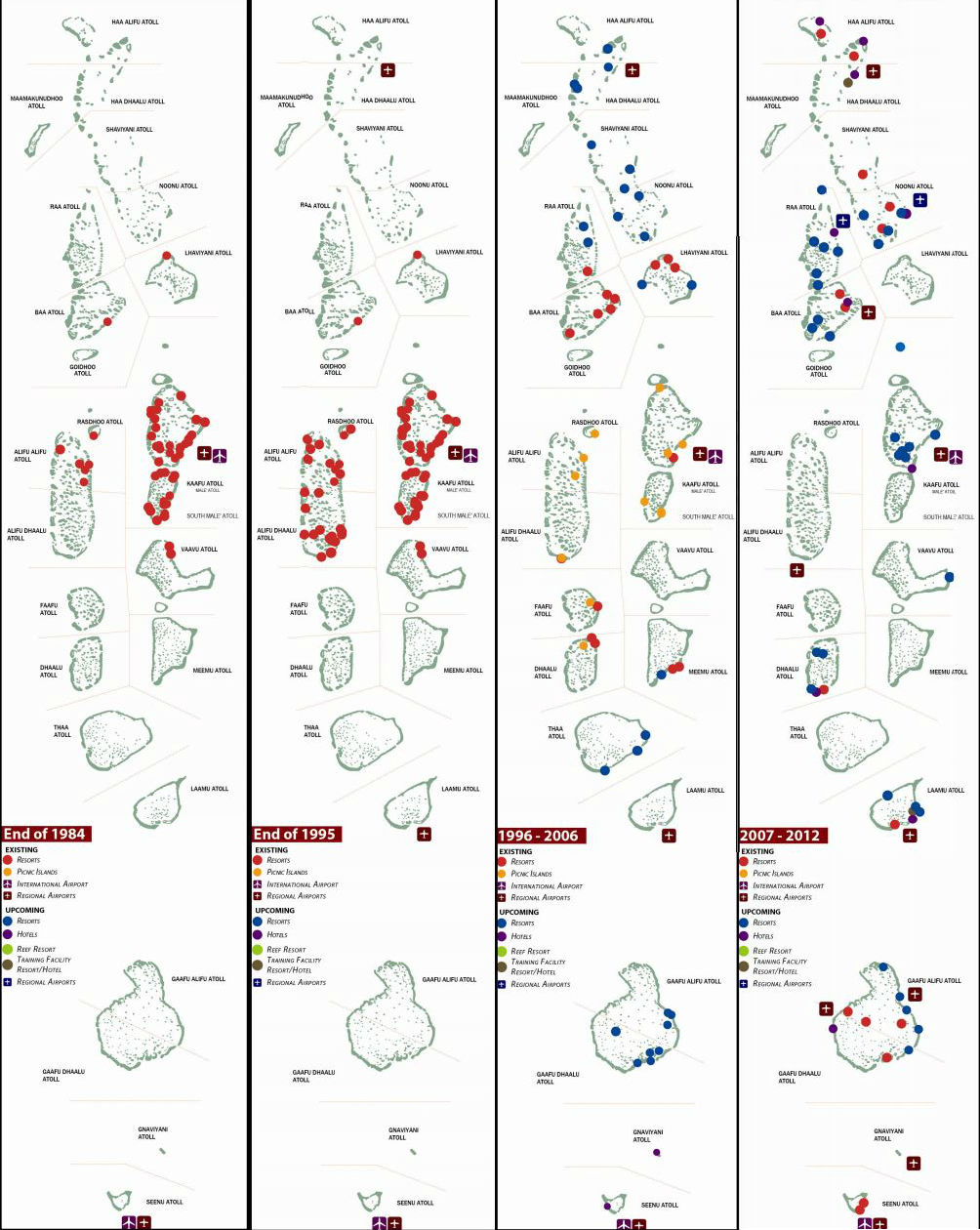The Environmental Protection Agency (EPA) has described as “alarming” reports that exotic pets are being set loose in response to a police crackdown on illegal animals.
“We have heard from the police that some people are releasing those things into the wild, and that is a big concern to us,” Director General of the EPA Ibrahim Naeem told Minivan News.
Reports of animals being released came as authorities yesterday revealed details of a joint operation to tackle the rise of illegal pets in the country.
The scale of the problem has become apparent as the police have embarked on a campaign to tackle the nation’s endemic narcotics problems, with a series of exotic creatures increasingly featuring in the lists of items seized during raids.
When urging customs to tighten security last month, Police Commissioner Hussain Waheed complained that his forces were devoting as much time to dealing with illegal pets as they were to illegal drugs.
Representatives of the police, the customs service, and the environment and fisheries ministries held a joint press conference during which they declared that action needed to be taken.
“As this is something that could likely result in a dangerous and tragic incident, the operation has been commenced to take necessary measures before such an incident occurs, locate the animals and bring them under our custody,” said Superintendent of Police Ahmed Azhan.
State Minister for Environment and Energy Hassan Shah warned of dangerous consequences of the import of “alien species” to the Maldives as the country lacked the medicine to treat snake or spider bites.
Shah stated that there was an increase in dangerous and endangered animals but a lack of medicine or rescue centers available locally.
A source within the police today revealed that the animals have been taken to Dhoonidhoo police custodial centre, where the EPA is being consulted regarding their upkeep.
Police have revealed that the operation has so far resulted in the confiscation of 11 iguanas, a snake, a sugar glider (possum), an owl, a squirrel, and 105 rats.
Also being kept at Dhoonidhoo is a slow loris, also confiscated during anti-drug raids. The Ministry of Environment and Energy revealed last week that it had little option but to destroy the endangered primate, though conservation groups have since shown interest in the animal’s plight.
At least three snakes have been discovered on the streets of Malé in recent weeks, with Shah yesterday suggesting that these alien species could pose a threat to both the public and to the delicate balance of the ecosystem.
As well as releasing exotic pets into the streets, Minivan News has also received reports that some animals are being destroyed rather than allowing their owners to be incriminated. One reported incident saw a pet snake killed and cut up into small pieces in order to prevent its discovery by authorities.
The territory of the Maldives – made up of over 1000 small islands – is made of of 99 percent water, with bats, birds, and small reptiles being the only significant indigenous species to be found on land.
The EPA today also revealed that it had been made aware reports that two kangaroos had been brought to the Maldives from Dubai Zoo as part of the attractions at the soon-to-be-opened Amilla Fushi resort in Baa atoll.
“That is not verifiable – we are still looking into it,” said Naeem.
He did, however, note that the EPA had not been informed of any such imports – including the arrival of four emus earlier this year, reported on social media by the same developers for a separate project.
“Normally, if you were trying to importing something that is alien to the Maldives you have to inform the EPA before importing them.”
Minivan News was unable to contact Amilla Fushi on their publicly listed number at the time of press.
Similarly, the Maldives Customs Service explained today that the import of these animals did not appear on their records.
“We currently don’t have any information regarding that. Our records don’t show that kind of animal has been imported earlier,” a media official said today.
